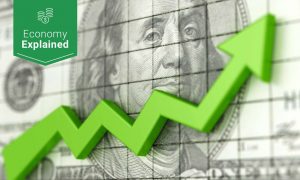As a leader, you’ll figure out pretty quickly that most people are more willing to do what you ask them to do if you give them the right carrots — that is, incentives and rewards. Both psychology and economics back up this approach with nudge theory, which involves presenting positive…
The right ratio of carrot-to-stick when it comes to incentivizing your employees







